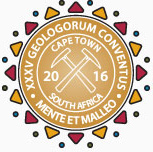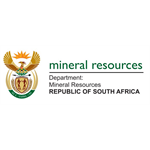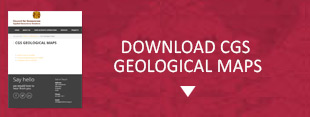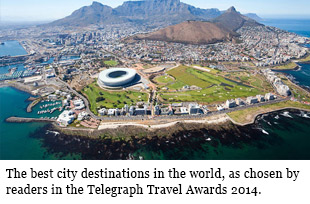
35TH INTERNATIONAL GEOLOGICAL CONGRESS
27 AUGUST - 4 SEPTEMBER 2016 | CAPE TOWN, SOUTH AFRICA
Sponsors
Keystone Sponsor


Diamond Sponsor


Gold Sponsor


Silver Sponsor








Business Centre Sponsor


Publication Sponsor




Social Function


Plenary Speaker Sponsor


Speaker Gift Sponsor


Post Graduate Fund


Registration


Welcome Drinks


Lunch Time Drinks


Publication &
35 IGC SAGPGF
35 IGC SAGPGF

35 IGC SAGPGF




MY IGC APP


Symposium Sponsor




Audit Sponsor


35TH INTERNATIONAL GEOLOGICAL CONGRESS
27 AUGUST - 4 SEPTEMBER 2016 | CAPE TOWN, SOUTH AFRICA
My IGC
Symposium Details
| Title | Description | Convenors |
|---|---|---|
| Climate Change Impact on Global Water Resources | Climate change can have profound effects on the hydrologic cycle through precipitation, evapotranspiration, and soil moisture with increasing temperatures. The hydrologic cycle will be intensified with more evaporation and more precipitation. However, the extra precipitation will be unequally distributed around the globe. Some parts of the world may see significant reductions in precipitation or major alterations in the timing of wet and dry seasons, which in turn has a strongly effect the availability of water resources. Information on the local or regional impacts of climate change on hydrological processes and water resources is critical to tackling this issue. This raises challenges round data collection and the integration and analysis of large and disparate datasets. The effects of global warming and climatic change require multi-disciplinary research, especially when considering hydrology and global water resources, as well as their impacts on the socio-economic welfare. Further, the phenomenon of ‘climate change’ could seriously impact the predictive models on water quantity and quality owing to significant variations in water availability due to ‘extreme events’ (floods and droughts), seawater intrusion due to sea level rise and other factors. To address these concerns, the community needs to discover ‘dark datasets’ and generate new datasets pertinent to high resolution paleo- and current climate regimes. To better understand the variability of global water resources, the community needs to develop new predictive models through appropriate simulation. All this will require exploring ‘Big Data’ approaches: both in terms of the analysis and integration of large datasets and in terms of harnessing ubiquitous device-sourced data. | Tanvi Arora |
 Field trips
Field trips  Sponsorship & expo
Sponsorship & expo  Registration
Registration Tours
Tours  Promotion
Promotion 














 Conference Programme
Conference Programme  Field trips
Field trips  Sponsorship & expo
Sponsorship & expo  Volunteer
Volunteer  GeoHost
GeoHost  Registration
Registration Tours
Tours  Promotion
Promotion  Publications
Publications









